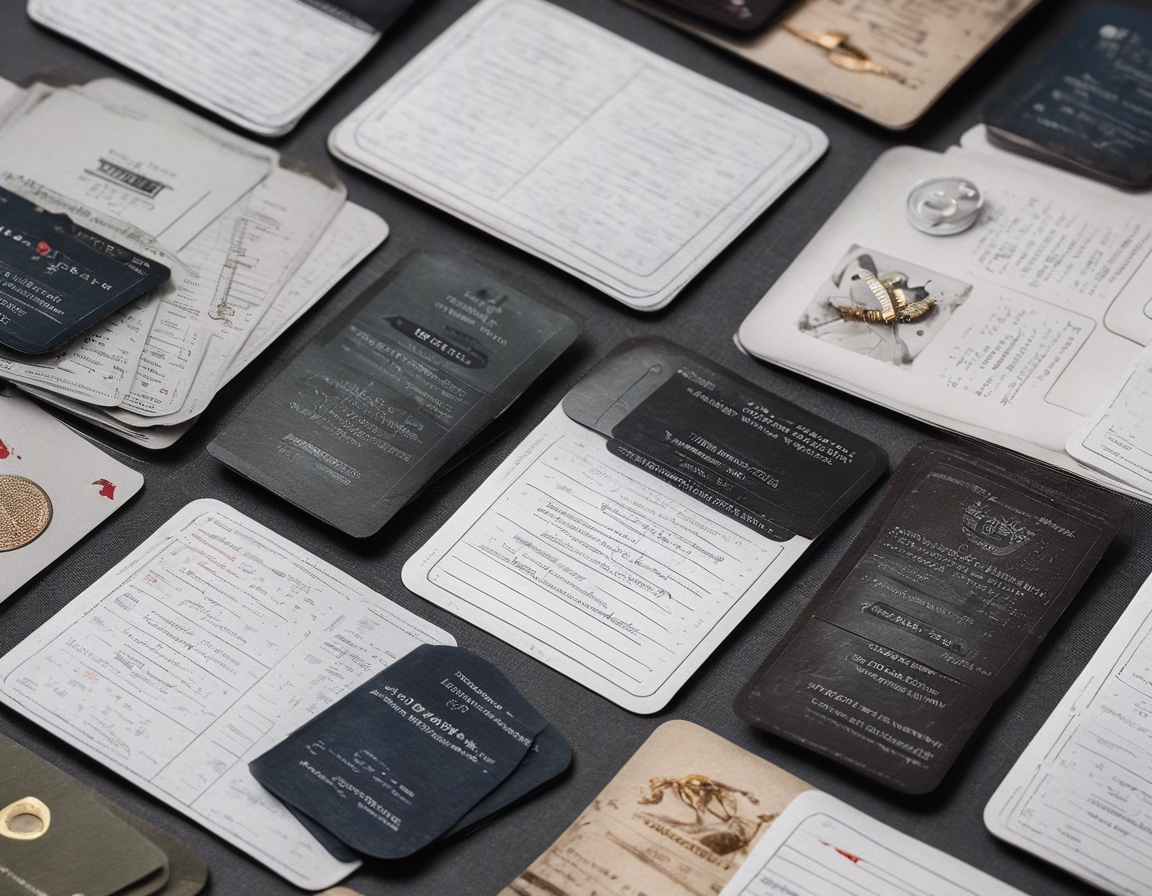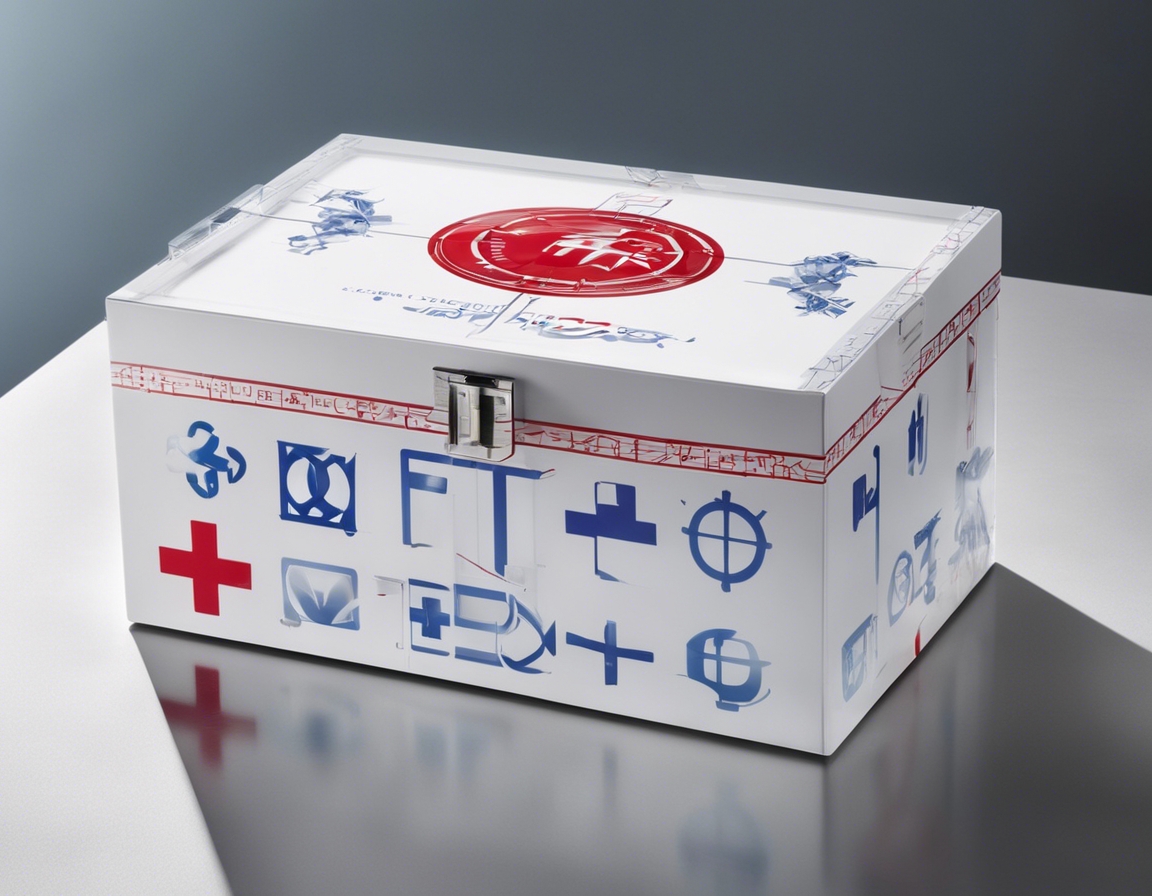The benefits of game-based learning in medicine
Game-based learning (GBL) is an educational approach that incorporates game elements into the learning process. It aims to boost learner engagement and motivation by making the acquisition of knowledge and skills more interactive and enjoyable.
The use of games in medical education is not a new concept. From early anatomical board games to sophisticated virtual reality simulations, game-based learning has evolved to become an integral part of medical training.
Advantages of Game-Based Learning in Medical Education
Games in medical education can transform tedious study sessions into dynamic and compelling experiences, increasing student engagement and motivation to learn.
Interactive games help in the retention of complex medical information by providing memorable learning experiences.
GBL challenges students to apply their knowledge in simulated real-world scenarios, enhancing their critical thinking and decision-making abilities.
Many medical games require teamwork, promoting collaboration and communication among peers, which are essential skills in healthcare settings.
Through simulations and role-playing, learners can practice and hone their skills in a safe environment, preparing them for real-life medical situations.
Game-Based Learning Modalities in Medicine
Virtual reality (VR) and simulation games offer immersive experiences that replicate clinical environments and procedures, allowing for hands-on practice without the risks associated with real patient encounters.
Mobile and online games provide accessible and flexible learning options for medical students and professionals on-the-go.
Traditional board and card games with a medical twist engage learners in a more social and interactive learning experience.
Role-playing games (RPGs) and interactive scenarios enable learners to step into the shoes of healthcare professionals, making decisions and experiencing the consequences in a controlled setting.
Integrating Game-Based Learning into Medical Curricula
While integrating GBL into medical education offers many benefits, it also presents challenges such as ensuring educational value, aligning with curricular goals, and managing costs.
Successful integration of game-based learning requires careful planning, alignment with learning objectives, and support from educators and institutions.
To ensure the effectiveness of GBL, it is crucial to measure its impact on learning outcomes through assessments and feedback mechanisms.






Comments (0)